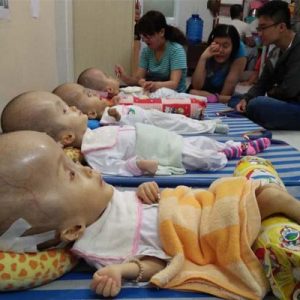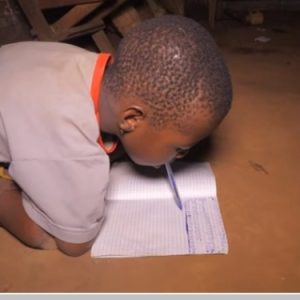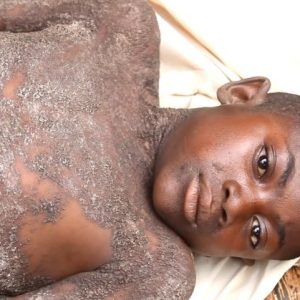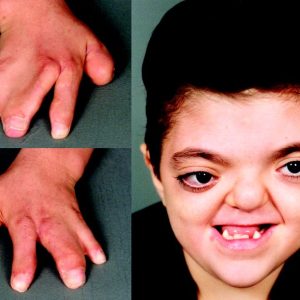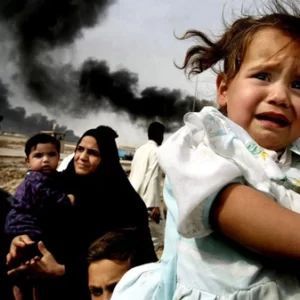Across the African continent, a silent crisis is unfolding as an increasing number of young girls are forced to abandon their education due to financial constraints. From rural villages to urban centers, the soaring costs of schooling are pushing families to make heart-wrenching decisions, depriving countless girls of their right to learn and grow.
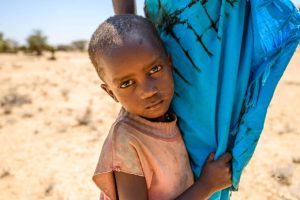
Education has long been hailed as the key to unlocking opportunities and breaking the cycle of poverty. Yet, for many families in Africa, the dream of providing their daughters with a quality education is becoming increasingly out of reach. With limited resources and competing priorities, parents are often forced to choose between sending their children to school or meeting basic needs such as food, shelter, and healthcare.
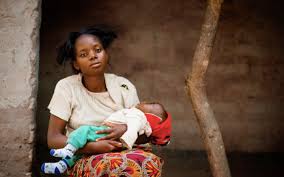
The repercussions of this crisis are profound and far-reaching. Without access to education, girls are denied the chance to fulfill their potential and pursue their dreams. They are more likely to be trapped in a cycle of poverty, vulnerable to exploitation, early marriage, and pregnancy. Moreover, the loss of their voices and talents represents a staggering waste of human potential for the continent as a whole.
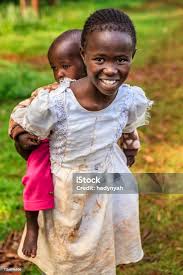
The situation is exacerbated by a myriad of factors, including inadequate government funding for education, rising tuition fees, and hidden costs such as uniforms, books, and transportation. In addition, cultural norms and gender biases often prioritize boys’ education over girls’, further perpetuating inequality and exclusion.
Addressing the crisis of girls dropping out of school requires a concerted effort from governments, civil society, and the international community. Investing in education must be prioritized as a fundamental human right and a cornerstone of sustainable development. This includes increasing public funding for education, implementing policies to make schooling more affordable and accessible, and challenging harmful gender norms that perpetuate discrimination and inequality.
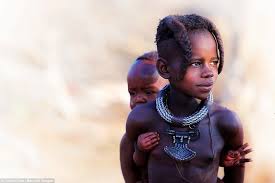
Furthermore, targeted interventions are needed to support marginalized girls who face multiple barriers to education, including those living in rural areas, from impoverished backgrounds, with disabilities, or affected by conflict and displacement. Providing scholarships, school meals, menstrual hygiene products, and safe transportation can help remove the financial barriers that prevent girls from attending and staying in school.
Ultimately, ensuring every girl has the opportunity to receive a quality education is not just a moral imperative but also a smart investment in the future of Africa. By empowering girls with knowledge and skills, we can unleash their potential to become leaders, innovators, and agents of change in their communities and beyond. It’s time to break the cycle of poverty and inequality by investing in girls’ education and creating a brighter future for all.
